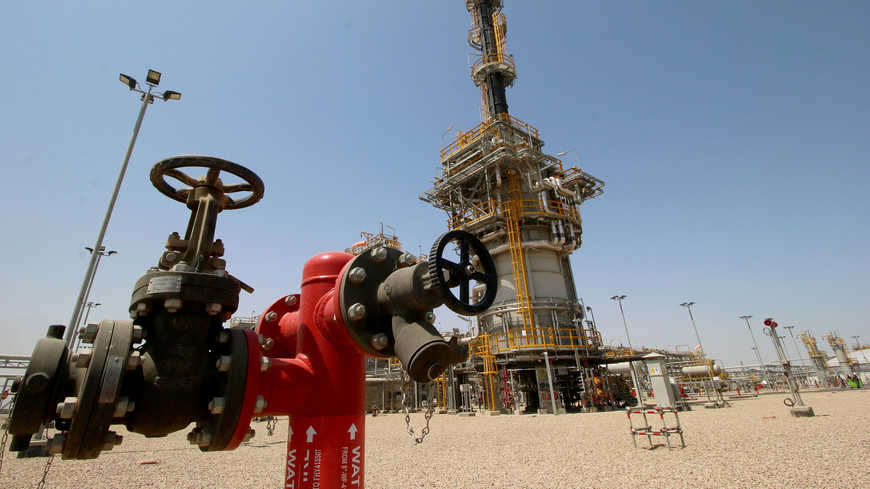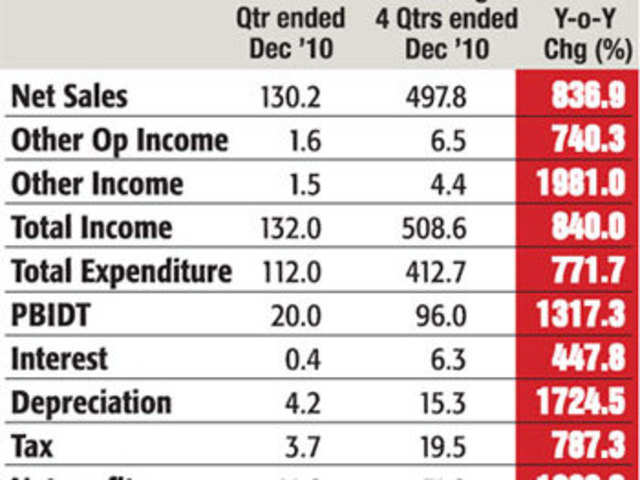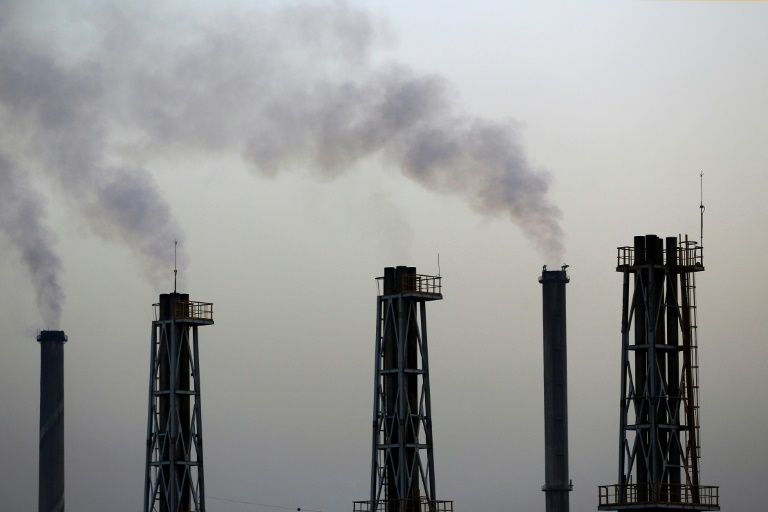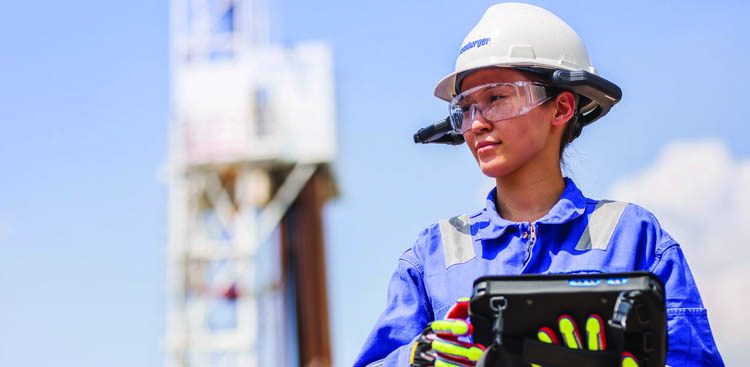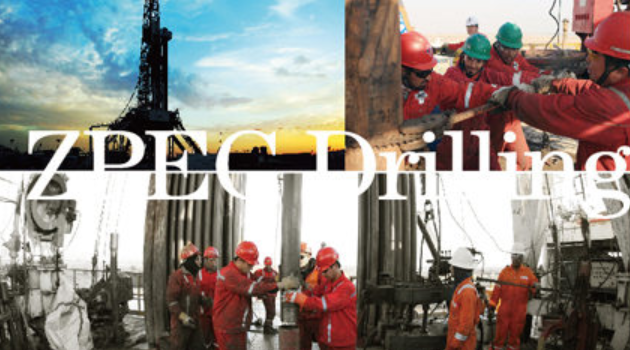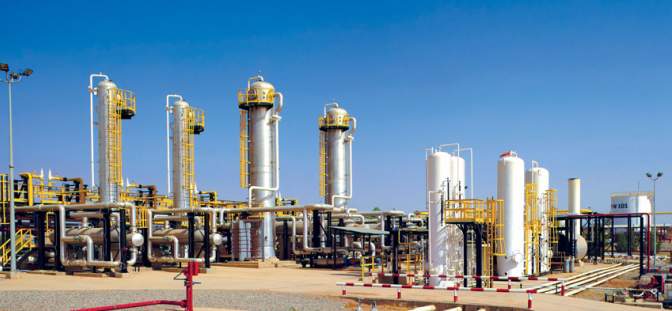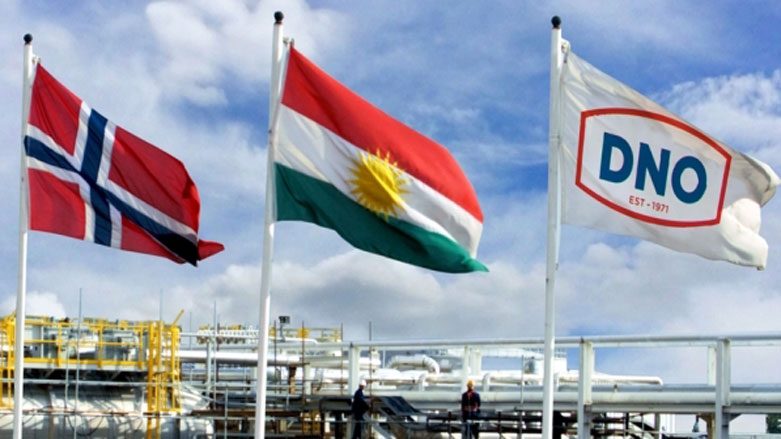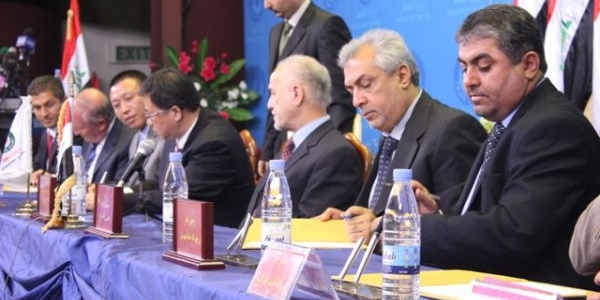DNO ASA, the Norwegian oil and gas operator, today announced a 29 percent year-on-year increase in its net Company Working Interest (CWI) production in 2019 to 104,800 barrels of oil equivalent per day (boepd) on the back of acquisitions and a record drilling campaign.
In the Kurdistan region of Iraq, production from the two fields in the Tawke license climbed from 113,100 barrels of oil per day (bopd) in 2018 (79,700 bopd CWI) to 124,000 bopd in 2019 (87,400 bopd CWI). Production of 122,800 bopd in the fourth quarter of 2019 was up 3,000 bopd from the previous quarter. The Company is operator of the Tawke license with a 75 percent interest.
At Tawke, 2019 production stood at 68,800 bopd, with wells drilled last year contributing 13 percent of field production at yearend. At Peshkabir, 2019 production stood at 55,200 bopd, with wells drilled in 2019 contributing 40 percent of field production at yearend.
“Even though Tawke is now a mature field, we are continuously finding ways to slow its decline while teasing additional production from the newer Peshkabir field, all the while probing for other opportunities in Kurdistan,” said DNO’s Executive Chairman Bijan Mossavar-Rahmani.
Elsewhere in Kurdistan, DNO reported a discovery in the Baeshiqa-2 exploration well last November after flowing variable rates of light oil and sour gas to surface from the upper part of Triassic Kurra Chine B reservoir following acid stimulation. Further testing of this and several other Jurassic and Triassic zones will determine the next steps towards appraisal and assessment of commerciality. DNO holds a 32 percent interest and operatorship of the Baeshiqa license.
Meanwhile, the Peshkabir-to-Tawke gas injection project designed to increase oil recovery rates at Tawke while eliminating flaring at Peshkabir will be completed in March 2020. Once completed, CO2 emissions from DNO’s operated fields will average 7 kilograms per barrel of oil equivalent (boe) produced, compared to an average of 9 kilograms per boe on the Norwegian Continental Shelf and a global average of 18 kilograms per boe.
DNO retained a strong cash balance of USD 480 million at yearend 2019 plus USD 144 million in marketable securities. Following a delay in export payments last month from the Kurdistan Regional Government to oil operators, DNO has since yearend received payment for its August oil sales totaling USD 52 million net to the Company.
(Source: DNO)

